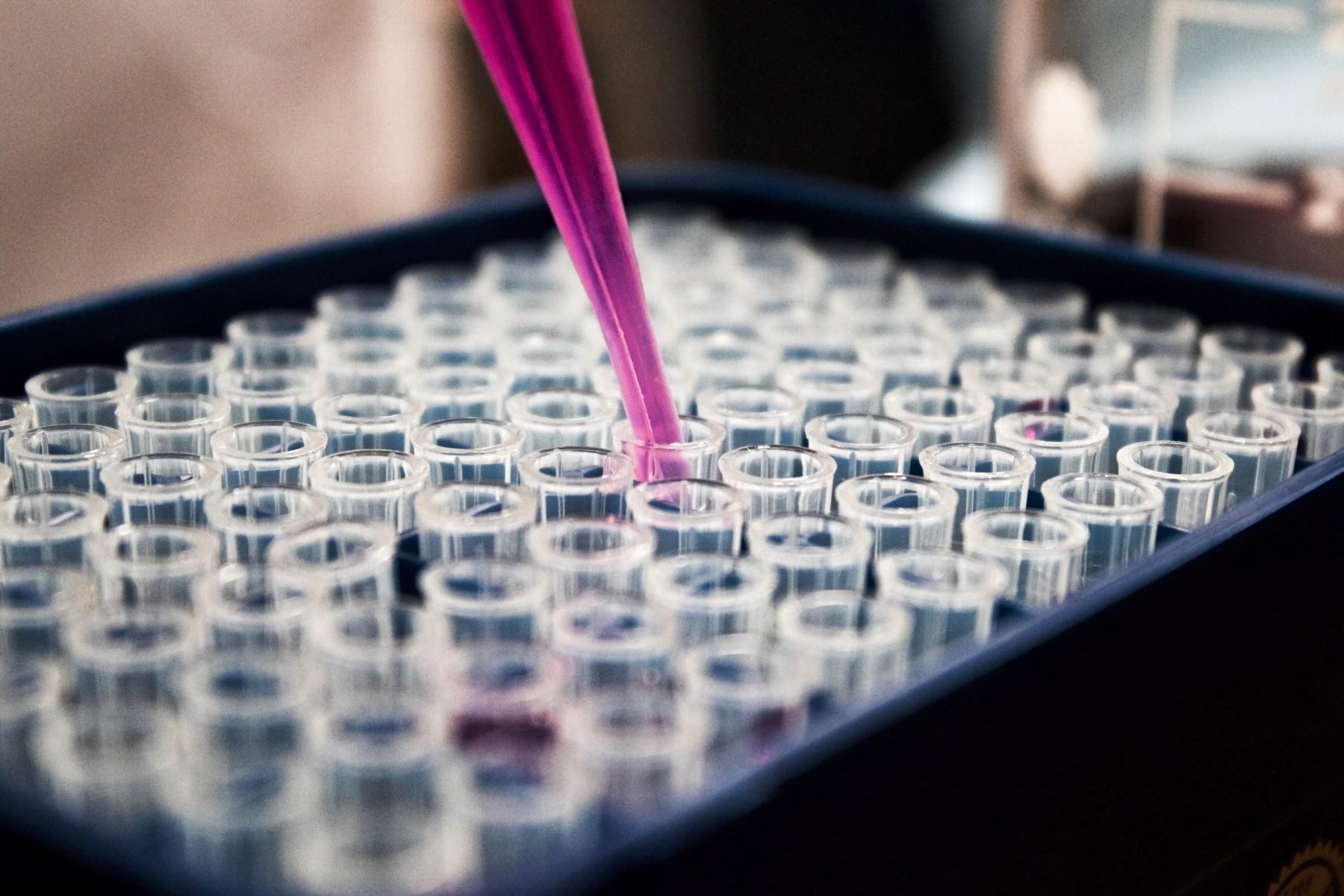The International Organization for Standardization (ISO) is the world’s leading quality control organization that sets standards related to manufacturing, product labeling, and safety. Many companies choose to follow ISO standards to foster trust with consumers, regulatory authorities and the global marketplace at large even though these standards are voluntary.
The ISO categories with the highest stakes are related to healthcare because the smallest error in measurement, translation, or labeling could result in misdiagnosis, improper treatment, or significant injury. ISO developed standardized specifications known as Identification of Medicinal Products (IDMP) to combat these issues and promote a better exchange of medical product information between stakeholders.
IDMP is a set of five standards that help ensure clear identification of medical products by providing guidelines on regulatory activities, marketing, and consumer safety across various global markets. Here is a breakdown of the five standards and why they are essential to patient safety.
ISO 11238
According to ISO, the 11238 standard “provides an information model to define and identify substances within medicinal products or substances used for medicinal purposes.” This standard also requires the identification of ingredients in dietary supplements, food, veterinary medical products, and cosmetics in addition to medicinal drugs.
Each of these products must list the substances by their main general characteristics and the role they play (active, adjuvant, etc.) in the product. ISO 11238 also requires that some specific substances include descriptions related to manufacturing information, grade of purity, and more.
This standard was most recently revised in 2018.
ISO 11239
ISO 11239 standardizes the information that must be included on pharmaceutical dose forms, as well as units of measurement, routes of administration, and packaging requirements. It provides a standard for translating this information into different languages along with guidelines for using existing regional terms to describe the information.
ISO 11615
ISO 11615 is the standard that defines, characterizes, and identifies medicinal products during their entire life cycle. The medicinal product life cycle includes development, authorization, marketing, and renewal or withdrawal from the market.
ISO 11615 only applies to products designated for human use and was most recently updated in 2017.
ISO 11616
ISO 11616 is used for pharmacovigilance and regulatory activities around the world. This standard helps identify pharmaceutical products by defining the structures and relationships between data elements needed for the exchange of regulated information.
This often takes the form of a PhPID, or Pharmaceutical Product Identification. PhPID is expressed in the following format: the substance name, dosage form, strength, and unit of measurement (for example: Acetaminophen tablet, 500 mg). This structured format is useful in circumstances such as e-prescribing and clinical decision support.
ISO 11240
ISO 11240 is used for medical product data exchanged between computer applications. ISO 11240 standardizes units of measurement for medicine (strength, dosage, etc.) and establishes a reference code system for these units.
This standard also provides structure and rules for mapping between different unit vocabularies and language translations.
IDMP in the future
All these standards promote the most accurate exchange of information about medical products across stakeholders (from producer, to clinician, to patient), product lifecycles (from development to acceptance/withdrawal from the market), and global regions.
These standards are reviewed every five years to ensure they are up-to-date with patient needs, evolving technology, and changes related to globalization. Now is the perfect time for healthcare organizations to evaluate their own strategies for exchanging medical product information and determining if improvements should be made as ISO is currently revising IDMP.
Want more information? Contact ULG for all your translation and compliance needs.

